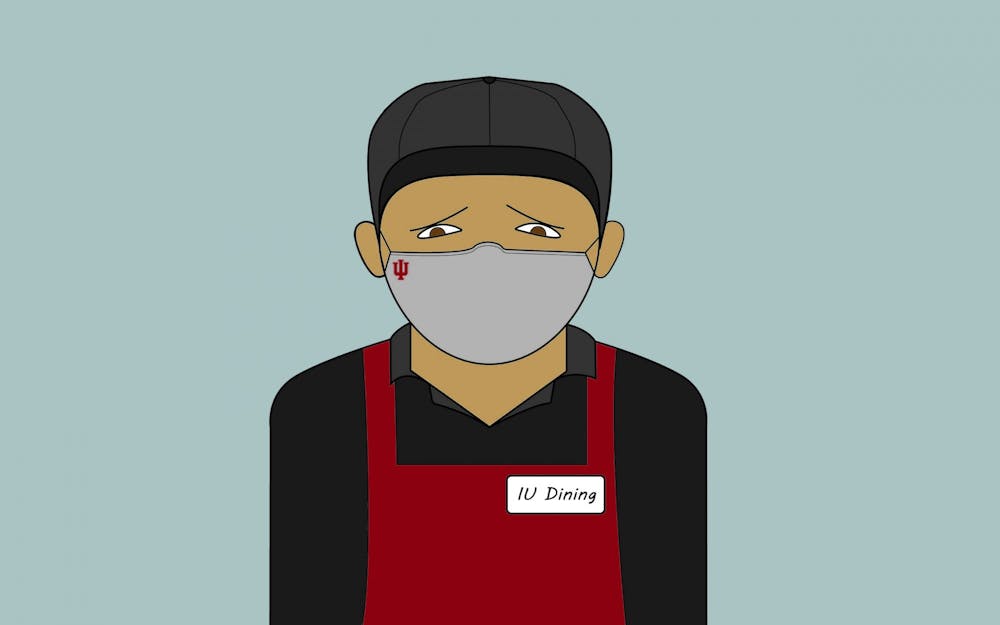Despite the pandemic continuing, most of society is resuming in-person activities and events. However, many businesses are still suffering the effects of the pandemic, especially when finding employees.
Here in Bloomington, many beloved small businesses closed their doors this past year due to financial troubles. Darn Good Soup, Bloomington Sandwich Company and Laughing Planet are just a few of these notable institutions.
Businesses across the nation, particularly those that are local, are also struggling to find employees.
They should consider raising wages.
There’s not a lot that will incentivize people to work more than paying them better. Isn’t that the point of a job anyways?
Legislation to raise the minimum wage hasn’t been passed since a 2007 bill incrementally raised it from 2007-2009. This is the longest time since its inception in 1938 that the minimum wage hasn’t been raised.
I was in first grade when the U.S. Congress last raised the minimum wage. Apple had just announced the first iPhone. My now-14-year-old brother, Colin, hadn’t been born yet. The beloved show iCarly hadn’t yet aired a single episode.
The minimum wage has remained stagnant and its purchasing power has decreased 21% since 2009 due to inflation. Our current federal $7.25 minimum wage is worth the equivalent of $5.49 in 2007 when accounting for inflation.
Even though national talks of raising the minimum wage have stalled, Indiana can still take initiative. Indiana is one of the 21 American states that doesn’t have a minimum wage higher than the federal minimum wage. It’s time to change that.
A living wage in Bloomington for a childless adult is $13.77. That’s a lot closer to the $15 minimum wage pushed by politicians like Democratic Senator Bernie Sanders and Representative Alexandria Ocasio-Cortez than Indiana’s current minimum wage.
“The labor market recovery in Indiana with respect to the rest of the country has been slightly stronger given the fact that it doesn't depend quite as extensively on leisure and hospitality sectors,” said professor R. Andrew Butters of the IU Business Economics and Public Policy Department.
It’s likely, eventually, the labor market will look more like what we remember pre-pandemic, but it’s unclear when or how well it will recover, Butters added.
“The thing I’m keying in on the most is the labor force participation rate and what gets individuals moving from simply not looking for work to looking,” Butters said.
The labor force participation rate currently sits at 61.7% nationally, compared to 63.3% in February 2020. It’s been stagnant for a year, but during a pandemic, it makes sense why some wouldn’t feel safe working.
With the eviction moratorium and pandemic federal unemployment benefits both ending this month, we’re likely to see some people return to work. But, it probably still won’t reflect pre-pandemic numbers.
So how do small business owners incentivize workers to return, especially as some prospective employees may be seeking work that limits face-to-face exposure?
Raising wages is one of the best ways to do that.
Jeff Mease, owner of local businesses Pizza X, Hive and Lennie’s Brewpub, announced in a Facebook post Sept. 6th that he will raise the base wage to $12 for all his businesses.
It’s too early to say whether this will increase employment, but either way, it’s a great idea and more businesses should follow suit.
Noah Moore (he/him) is a junior studying psychology, theatre and drama and international studies. He is a member of the Singing Hoosiers and serves in IU Student Government.






